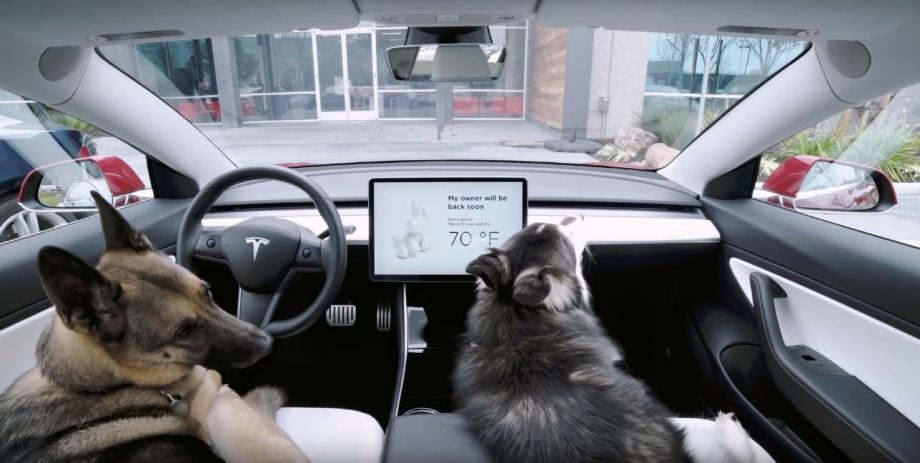UK significantly slashes incentives to buy an electric car – here’s why

The UK government has announced it is reducing the incentive for drivers seeking to buy an electric car.
The plug-in car grant (PiCG), which has been dangling a pretty significant carrot for the last few years, has been trimmed significantly, lowering both the max cost threshold and the size of the grant buyers receive.
Drivers can now get a £2,500 off a car costing up to £35,000. Previously, the scheme had incentivised purchases to the tune of £3,000 on cars costing up to £50,000. The change means all Tesla cars are now precluded from the scheme, when previously Brits had been able to buy the Model 3 and receive £3,000 in cash back.
In making the decision, the government cites the increasing availability of more affordable vehicles, such as the Honda e and Vauxhall Corsa-e, since the original scheme was announced. The theory is that those who can afford the higher-end Tesla vehicles probably don’t need or deserve the discount, which comes out of taxpayers’ coffers.
Transport Minister Rachel Maclean said: “The increasing choice of new vehicles, growing demand from customers and rapidly rising number of chargepoints mean that, while the level of funding remains as high as ever, given soaring demand, we are refocusing our vehicle grants on the more affordable zero emission vehicles – where most consumers will be looking and where taxpayers’ money will make more of a difference.”
Naturally, auto manufacturers are displeased with the decision, claiming the reduced grants will impact the speed of the transition to a zero emissions future.
Society for Motor Manufacturers and Traders CEO Mike Hawes says (via Top Gear): “Cutting the grant and eligibility moves the UK even further behind other markets, markets which are increasing their support, making it yet more difficult for the UK to get sufficient supply. This sends the wrong message to the consumer, especially private customers, and to an industry challenged to meet the Government’s ambition to be a world leader in the transition to zero emission mobility.”


